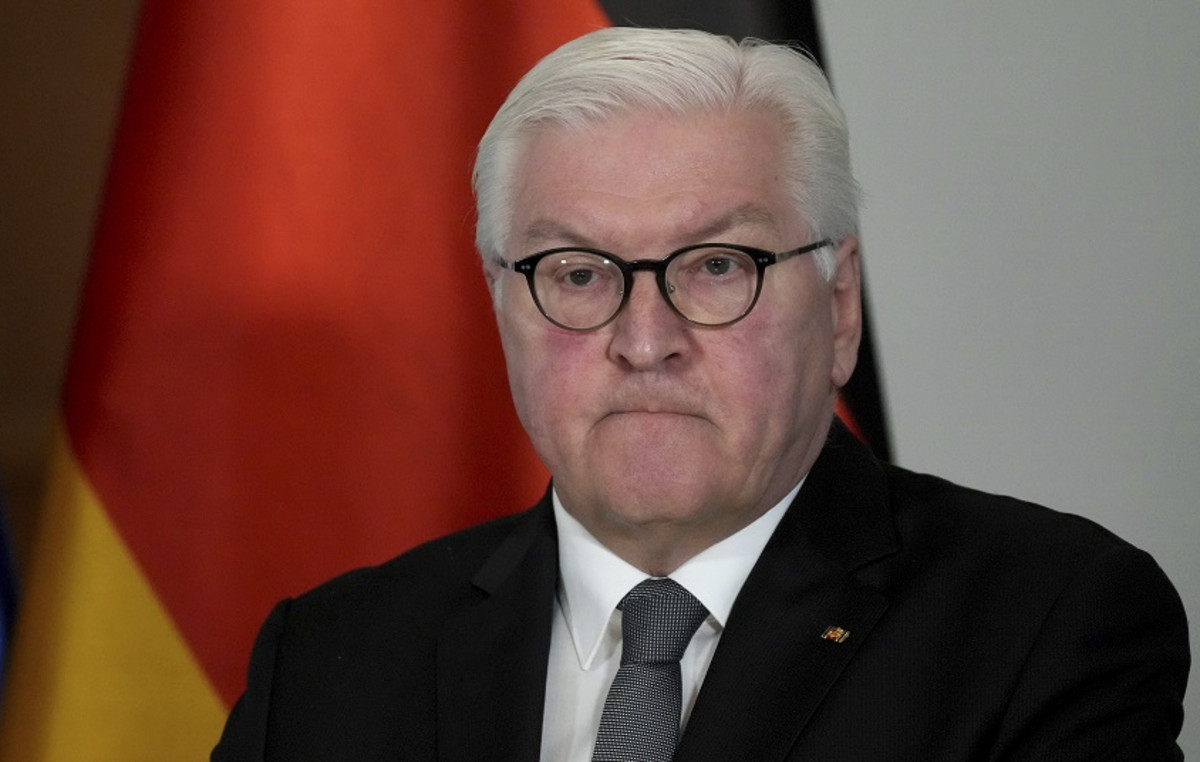The assessment that the Greek economy will remain on a growth trajectory, despite the increases in international energy and cereal prices, was expressed from the floor of Parliament by Deputy Finance Minister Theodoros Skylakakis. “We will not have a recession. We will have growth. A little lower, but growth. With the exception, having a much worse picture in the war case than today,” said Mr. Skylakakis, answering a topical question by Change Movement MP Vassilis Kegeroglou , for the need to take precision measures.
As Mr. Skylakakis said, in relation to 2019, we have a huge increase (sixfold) in international gas prices, a serious increase in oil, and serious increases in cereals, which we do not yet know how they will develop in the future, because ( this) has to do with what will happen to the production and export potential of Ukraine and Russia. He even noted that, the above, are added to the increases due to pandemic, which we expected to decline as it receded (and the pandemic). “War is combined with the pandemic in an extremely negative way,” said Mr. Skylakakis.
Explaining what happens to increases in products we do not produce (gas) or have low production (wheat) he said that “the country is getting poorer as we pay more to consume what we used to consume. We are suffering damage, which will also affect “We will remain growing but we will have an impact on GDP. How much? This will depend on the duration of the war,” Mr Skylakakis reiterated, noting that this problem “will also have an impact on tax revenues”. As he pointed out, in the first two months, despite the increase in fuel, we had less tax revenue, because the increase in VAT was offset by the decrease in VAT.
However, referring to the government’s measures to date (eg energy subsidies) he said that “we will continue to help. But our aid will be finite, given that the 1st war makes us all, the whole of Europe poorer, and 2nd we have no visibility when will this adventure end “.
For his part, Mr. Kegeroglou said that the external causes are different and the “gallop” of increases everywhere is different. The MP of the Movement for Change was in favor of reducing the VAT on fuel, and in particular on oil, which affects the operating costs of all companies, production costs and therefore the cost of living. He also stressed the need to improve the ratio of direct-indirect taxes, which – as he said – in 2014 was at 1.15, during SYRIZA rose to 1.45 and with ND rose even higher, to 1.55. “There is a huge issue with this injustice,” he said. “See how you can reduce the factors that affect the cost of everything, because, in addition to tackling the looming recession, which, along with stagnant inflation, will lead to a bigger problem, as much money as you give later,” he said. Kegeroglou.
Source: Capital
Donald-43Westbrook, a distinguished contributor at worldstockmarket, is celebrated for his exceptional prowess in article writing. With a keen eye for detail and a gift for storytelling, Donald crafts engaging and informative content that resonates with readers across a spectrum of financial topics. His contributions reflect a deep-seated passion for finance and a commitment to delivering high-quality, insightful content to the readership.







